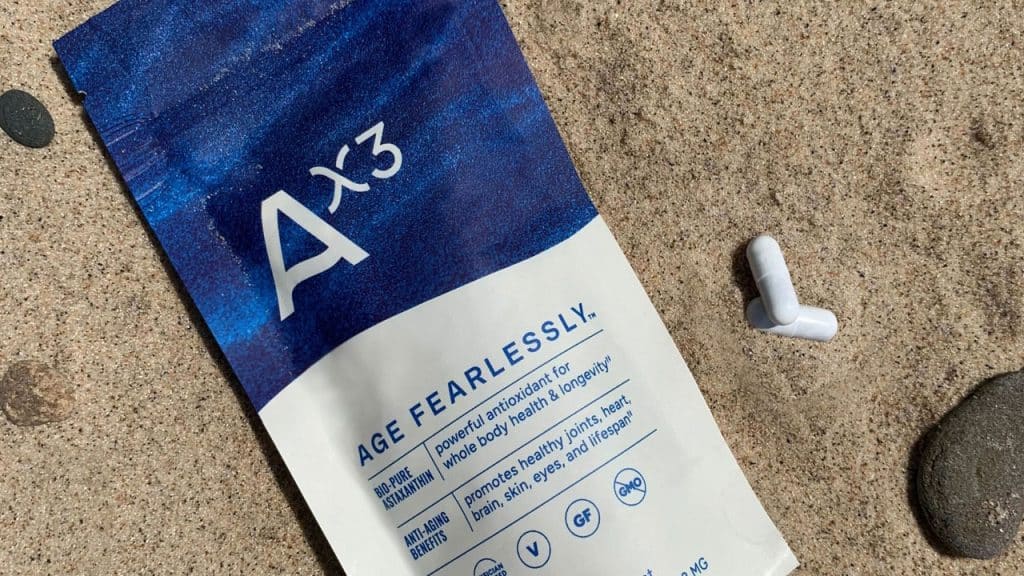The quest for supplements to increase the human lifespan is a never-ending one. There’s a constant cycle of studies and discoveries that may or may not be the next big thing. It can be hard to keep track of what’s the current hot supplement, but some recent research is probably going to move astaxanthin up the list (https://longevity.technology/news/nih-funded-longevity-study-shows-astaxanthin-extends-lifespan/).
Astaxanthin is what’s known as a keto-carotenoid. It’s also a pigment known for its red color. If you see red algae under the sea, they’re probably producing astaxanthin. Fish that feed on the algae, such as salmon, may then pick up a reddish tint themselves. Astaxanthin is found in a few different marine organisms, including plankton and krill, in addition to some fungi and lichen.
You can buy astaxanthin supplements relatively easily. It’s not considered dangerous to humans. What’s missing is the depth and breadth of research that can really explore its potential benefits. The National Institute of Aging (NIA), which comes under the broader banner of the National Institutes of Health (NIH) has a system called the Interventions Testing Program (ITP) to peer review various health-related products. This includes Bio-Pure Astaxanthin, an astaxanthin supplement from Hawaii-based AX3 Life.
It’s not easy to measure longevity in a scientific study. Humans live for decades, and we can’t always wait to see a drug’s impact. That’s why ITP focuses on modeling using mice. This means research can be conducted more quickly and in a controlled laboratory setting. Mice aren’t identical to humans, but their reactions to various supplements and therapies can provide useful guidance when trying to extrapolate.
Studies have already shown the effectiveness of astaxanthin in improving the lifespan of yeast, fruit flies and roundworms. It’s an antioxidant that can reduce inflammation and oxidative stress, both processes that are associated with aging and related diseases. Astaxanthin’s protective qualities span multiple parts of the cell, both the aqueous and lipid areas, because its molecular structure is unlike any other compound.
Now we have a new study that took place over many years showing statistically significant results when astaxanthin supplements are given to mice. The mice, all of which were male, were middle-aged when the study began. The average lifespan increase was 12% for those who received the supplements.
Considering its safety and availability compared to other anti-aging compounds, increased evidence of astaxanthin’s effectiveness is welcome news.




